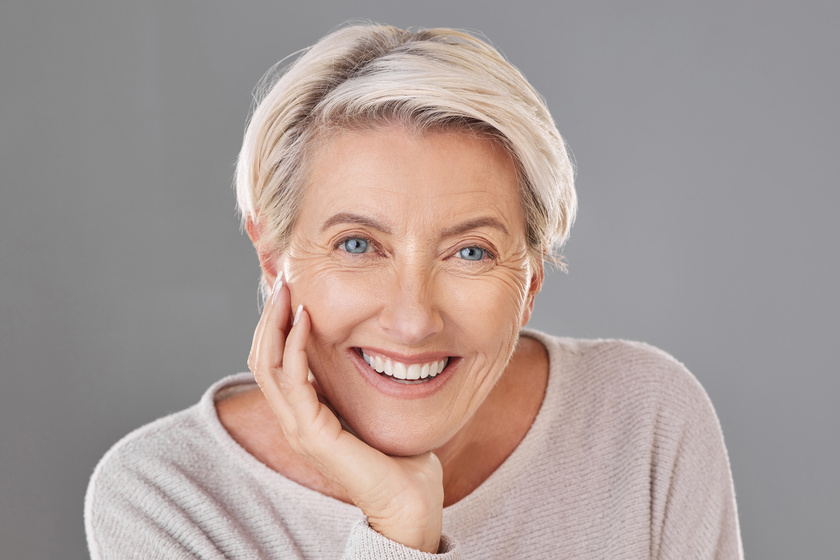As people age, many of them begin to lose confidence in themselves. When people experience major life upheavals, it might shake their sense of stability and confidence. Having more confidence in yourself has been shown to increase your sense of well-being, independence, and longevity.
Why do so Many Elderly Struggles With Low Self-Esteem?
Additionally, retirees have to deal with the challenges of adjusting to a new way of life. The elderly’ lower levels of productivity have a negative effect on their sense of pride and dignity. Another issue that contributes to low self-esteem is the rising prevalence of loneliness and isolation. For example, when seniors lose their driving privileges because of declining eyesight and reaction time, they become largely housebound and miss out on opportunities to connect with others their own age. Similarly, elderly people who have mobility issues have a tough time leaving the house.
Low Self Esteem: A Researcher Perspective
Regardless of age, research shows that a person’s sense of self-worth affects their physical well-being. However, it is common for elders over the age of 65 to experience a decline in self-esteem. Some studies highlight the potential for a person’s senior years to be marred by a sequence of losses (or perceived losses), including the passing of a loved one, the end of a fulfilling career, the transition to a fixed income, and the onset of disease or frailty that threatens their ability to care for themselves. These turning points have the potential to rock the very foundation of an individual’s self-confidence. Some psychologists, however, think that older people do better when they maintain a positive self-image and a sense of purpose in life despite their chronological age.
Here Are 3 Tips to Regain Your Confidence as You Age:
Create Strong Bonds
Connecting with other people in a meaningful way helps us feel secure in our identities and gives us strength. Independent elders tend to have lower self-esteem than their socially-supported counterparts. It’s a catch-22, too, because seniors with low self-esteem could struggle to make close companions as they get older. Find a community that shares your interests and join in on the fun! Participate in an organized activity like a literature discussion group, knitting session, or cookery course. There are a wide variety of niche social media communities out there. Join a couple of them and work on making new friends.
Proper Hygiene Care
No one, of any age, feels good regarding themselves if they spend all day in their robe. The first step toward developing healthy self-esteem is to recognize that you deserve to be well cared for. When you’re retiring and spending more time alone, it’s tempting to neglect your personal hygiene. If you want to feel better about yourself, pretend like you have guests coming over and get ready as if you do.
Eat healthily And Exercise Regularly
In general, you’ll have a better mood after a successful endeavor to improve your health. Taking care of yourself via healthy eating and regular exercise can help you feel more confident and in charge of your life. Those that value themselves highly take care of themselves physically. Keeping in shape with regular exercise will help you feel powerful and capable. Engage in regular physical activity, such as a stroll, tai chi sessions, or a balance class.







